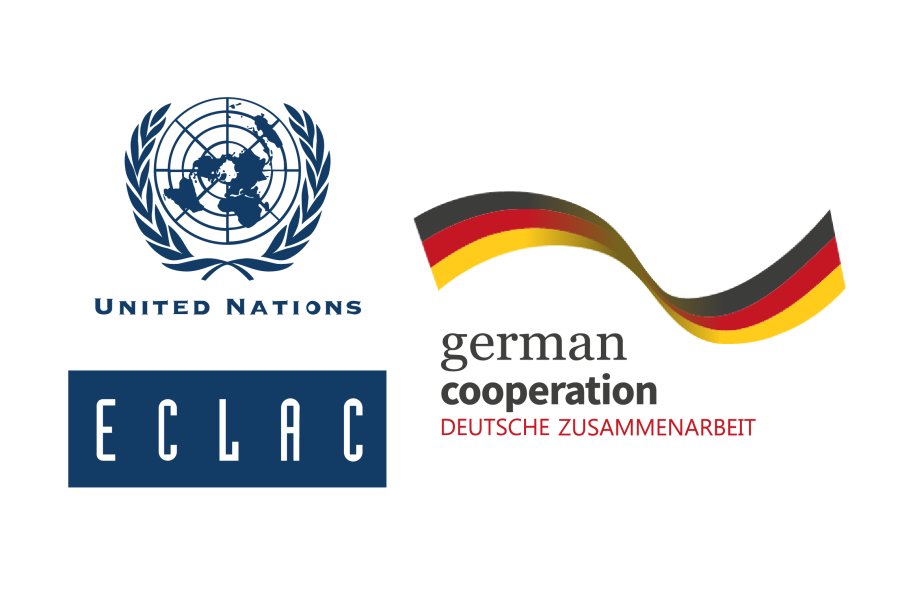Childhood and adolescence in the digital age: A comparative report of the Kids Online surveys on Brazil, Chile, Costa Rica and Uruguay
Work area(s)
Childhood and adolescence in the digital age: A comparative report of the Kids Online surveys on Brazil, Chile, Costa Rica and Uruguay
- Publication type: Project documents
- Author: Trucco, Daniela; Palma, Amalia
- Physical description: 155 páginas.
- Publisher: CEPAL
- UN symbol (Signature): LC/TS.2020/18.REV.1
- Date: 28 July 2020
Abstract
The purpose of this document is to promote deliberation on public policies aimed at children in the digital age. Strategies that allow new generations to fully participate in their societies are vital, and they must leverage opportunities and mitigate risks for children, adolescents and young people. The analysis in this report is primarily based on the results of the Latin America Kids Online Network survey carried out in four countries: Brazil, Chile, Costa Rica and Uruguay. This research network is an offshoot of the Global Kids Online network, which was originally developed as a collaborative initiative between the UNICEF Research Office – Innocenti, the London School of Economics and Political Science (LSE), and the EU Kids Online network in Europe, with the goal of collecting worldwide information on children’s rights, opportunities and risks in the digital age. The Economic Commission for Latin America and the Caribbean (ECLAC) sought to strengthen the efforts of this network in the Latin American region by promoting a comparative analysis and providing a regional perspective. This report was also supported by UNICEF and UNESCO.
Table of contents
- Executive summary
- Introduction
- I. Regional policies and statistics: background information on children and adolescents in the digital age
- II. Types of material access to the Internet and its relation to digital skills and practices
- III. Educational context: school use and teacher mediation
- IV. Participation of children and adolescents in the digital world
- V. Managing online risk and coping skills
- VI. Challenges in the experiences of children and adolescents in the digital age.
